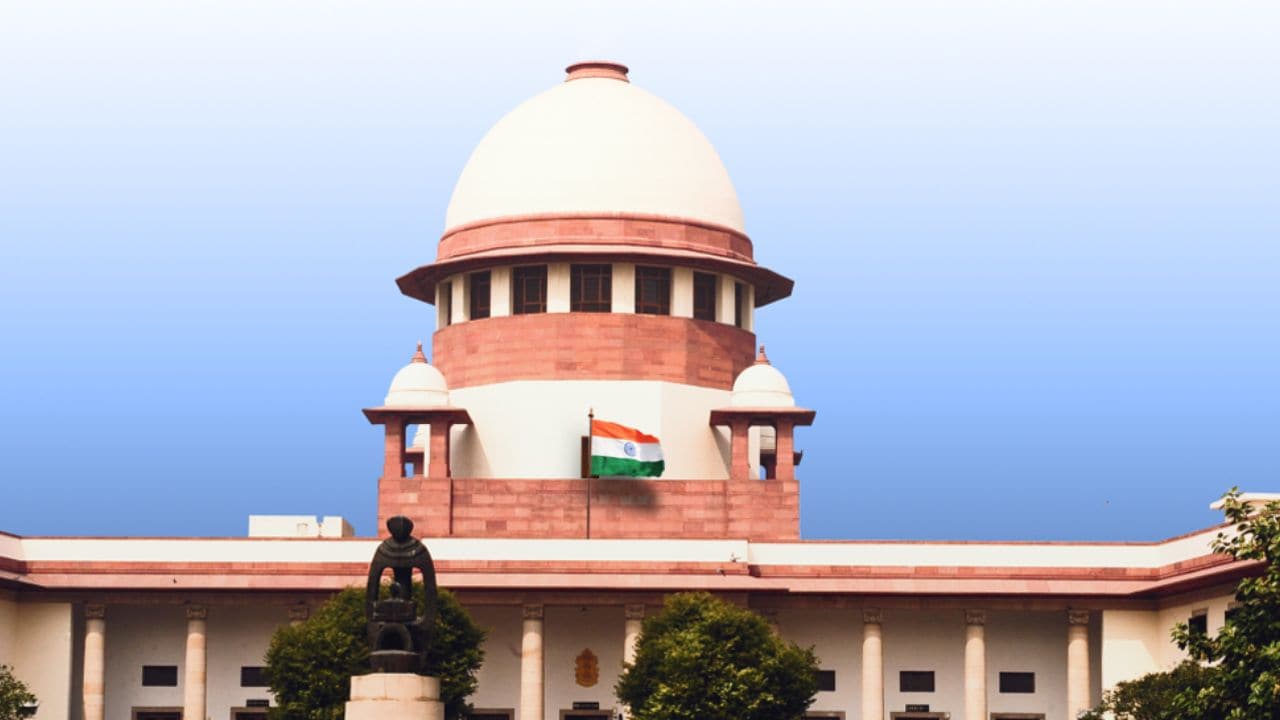In a case with major implications for India’s rapidly growing online real money gaming industry, the Union government has laid out its firm position on what constitutes gambling—regardless of whether the activity is based on skill or chance.
Appearing before a division bench of the Supreme Court comprising Justices JB Pardiwala and R. Mahadevan, Additional Solicitor General (ASG) N. Venkatraman presented what he called the “seven sutras” or principles of gambling. These principles aim to create a clear legal framework around wagering, particularly in the context of real money gaming (RMG), a space that has seen explosive growth but remains mired in regulatory ambiguity.
In a methodical and strongly worded submission, Venkatraman drew upon earlier judicial rulings to stress that the presence of a financial stake—not the nature of the game—is the deciding factor in defining gambling. The seven key principles he laid out are:
1) There is no gambling if no stakes are involved, irrespective of whether the underlying game is a game
Of skill or game of chance.
2) There is gambling, once stakes are involved, irrespective of whether the underlying game is a game
Of skill or game of chance.
3) A game of chance involving even a competition fee is gambling. (RMDC)
4) A game of skill is per se not gambling.
5) A game of skill, when played with stakes, makes it gambling. (RMDC, Satyanarayana and Lakshmanan)
6) A game of skill played with stakes, though gambling, does not re-characterize the underlying game
From game of skill into game of chance.
7) Protection by some of the states on games of skill played with stake from penalty and prosecution Is proof that the same is nothing but gambling. Such an express carve-out exempting and protecting Gambling on games of skill from penal consequences is called for only because it is otherwise “gambling”. Games of skill played with stakes will not seize to be gambling merely because of a Protection given from penal consequences.
In short: when money is on the line, the government believes it’s gambling—skill or not.
To drive the point home, Venkatraman used a sports analogy. He argued that even if a player like Lionel Messi bets on himself to score four goals—or a fan places the same bet—the action is a prediction of an uncertain outcome and cannot be seen as controlled or entirely skill-based. “The dissection of game of chance and skill gets obliterated after one puts a stake on it,” he said.
He also clarified the position on horse racing. While racing is recognized as a game of skill, betting on it becomes gambling when done outside a licensed racecourse.
In a memorable line, Venkatraman added: “A game of dice leads to a game of vice.”
“We have no issue with games of skill,” Venkatraman reiterated, “but when a person wagers on the outcome, even in a game of skill, it amounts to gambling.” He warned that real money gaming platforms may fall foul of multiple state laws, even if the games they host are skill-based.
Venkatraman also argued that RMG platforms go far beyond just providing a venue. “They facilitate the entire flow of money,” he noted, pointing to features like “cash-in” and “cash-out” systems and in-house game rule-setting as proof of deeper involvement than simple software leasing.
The debate also touched on taxation under the Goods and Services Tax (GST) framework. Venkatraman emphasized that there is no distinction between skill and chance when it comes to GST levies.
Smita Singh, a partner at S&A Law Offices, elaborated on the implications. “Actionable claims like lottery, betting, and gambling are generally outside GST’s purview,” she said. “But betting and gambling aren’t clearly defined under GST laws.”
She pointed to a crucial shift in October 2023, when the GST Council decided that horse racing, rummy, and online gaming fall within the list of actionable claims. This has far-reaching consequences, Singh warned. “It changes how online gaming is classified—from services to goods. That’s a stark deviation from GST’s basic classification principles.”
With hearings set to continue until May 9, however the matter is likely to be extended for further dates. The Supreme Court’s verdict could reshape the legal and business landscape for India’s booming online gaming sector.
